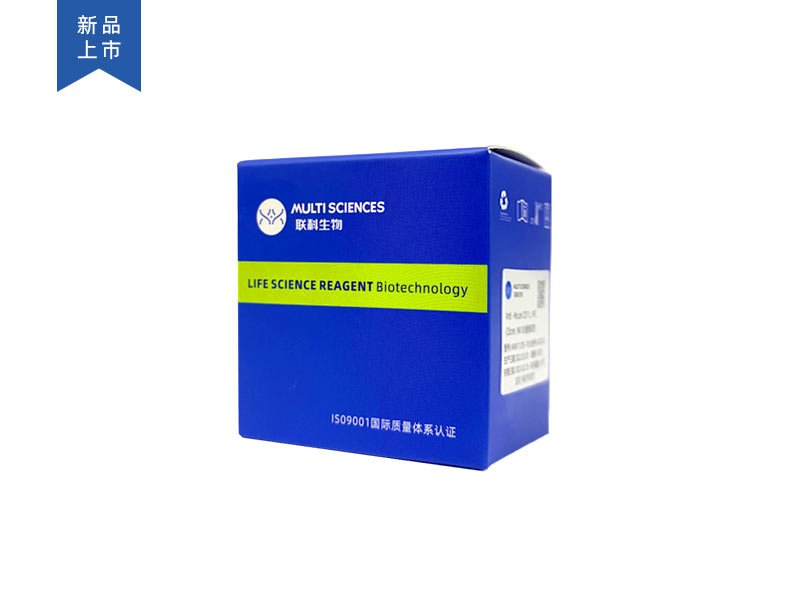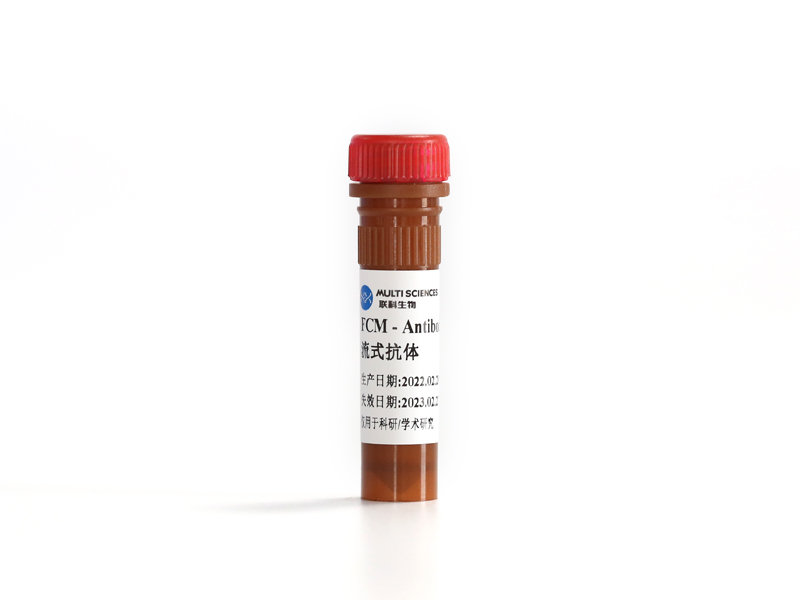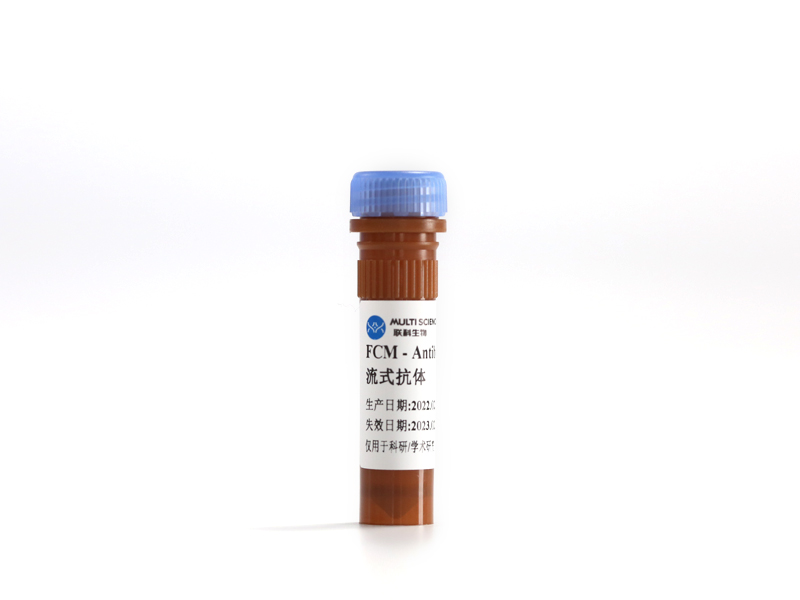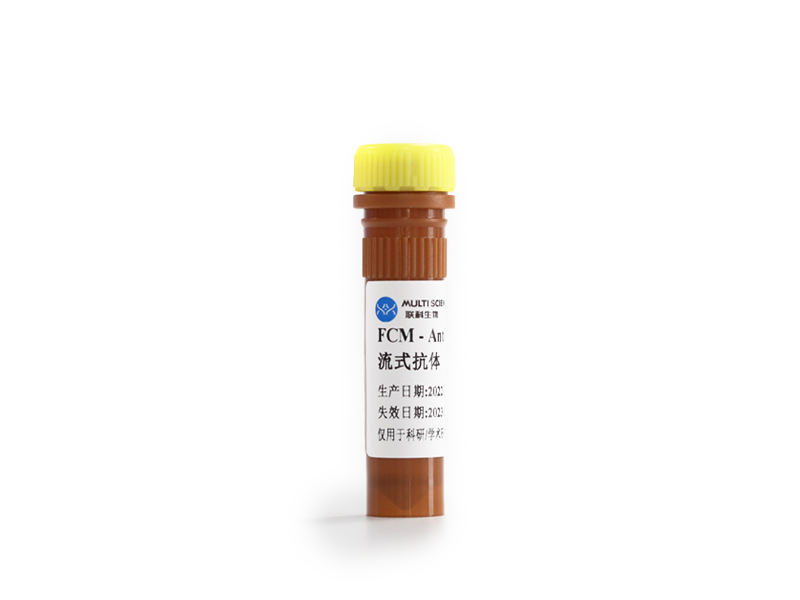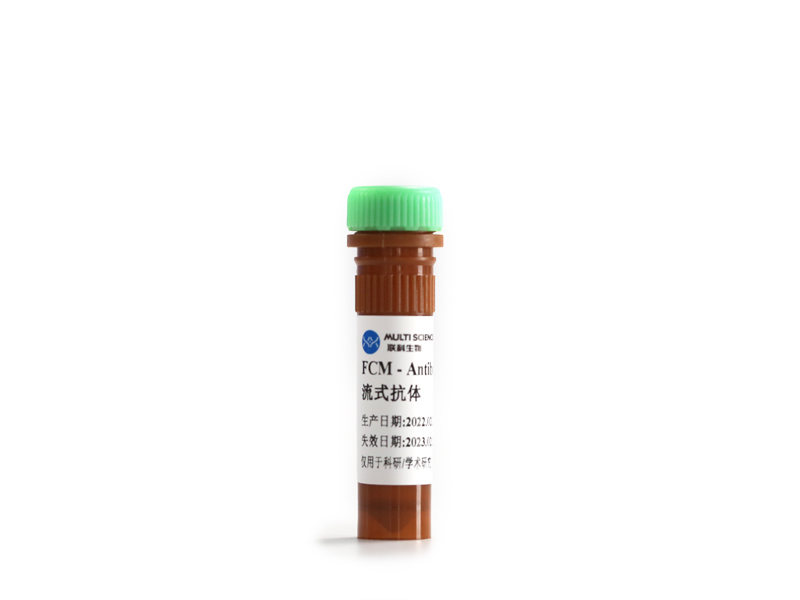Although chemoimmunotherapy has achieved considerable success in cancer treatment in recent years, the cure for triple-negative breast cancer (TNBC) remains elusive. The unsatisfied outcomes are likely attributed to deficient tumor immunogenicity, a strong immunosuppressive tumor microenvironment (ITM) and tumor metastasis. To address this issue, we constructed an effective codelivery system, combined with tumor growth factor β (TGF-β) small interference RNA (siTGF-β) and shikonin (SK), to achieve successful chemoimmunotherapy of TNBC. The SK/siTGF-β NPs (approximately 110 nm) exhibited a uniform structure and good stability. Conjugated FA presented enhanced cellular uptake in 4T1 cells, and siTGF-β escaped from lysosomes because of the "proton sponge" effect of PEI. Furthermore, SK actually induced satisfactory immunogenic cell death (ICD) and the resulting dendritic cell (DC) maturation facilitated a distinctly enhanced cytotoxic T lymphocyte (CTL) response, generating a positive effect on tumor suppression. Simultaneously, the successful silencing of TGF-β alleviated the TGF-β-mediated ITM and inhibited the epithelial-to-mesenchymal transition (EMT), contributing to the infiltration of CTLs, suppression of regulatory T lymphocyte (Treg) proliferation and lung metastasis inhibition. Thus, the SK/siTGF-β NPs demonstrated the strongest therapeutic effect with delayed tumor growth (TIR = 88.5%) and lung metastasis restraint (77.3%). More importantly, tumor rechallenge assay suggested that the codelivery system produced a long-term immunological memory response to prevent tumor recurrence. Based on boosting the immune response and combating the ITM, SK/siTGF-β NPs would be a potential approach for TNBC therapy.
文章引用产品列表
-
- F21LY6G02 3 Citations
- 流式抗体
Anti-Mouse Ly-6G (Gr-1), PE (Clone:RB6-8C5) 流式抗体 (新品)
- ¥368.00 – ¥792.00
-
- F1104402 4 Citations
- 流式抗体
Anti-Human/Mouse CD44 , PE (Clone:IM7) 流式抗体 (新品)
- ¥424.00 – ¥928.00
-
- F2100403 11 Citations
- 流式抗体
Anti-Mouse CD4, APC (Clone:GK1.5) 流式抗体 (新品)
- ¥208.00 – ¥440.00
-
- F2108002 6 Citations
- 流式抗体
Anti-Mouse CD80 (B7-1), PE (Clone:16-10A1)流式抗体 (新品)
- ¥904.00 – ¥2,512.00
-
- F2108603 7 Citations
- 流式抗体
Anti-Mouse CD86 (B7-2), APC (Clone:GL-1) 流式抗体 (新品)
- ¥1,080.00 – ¥2,376.00
-
- F21008A02 25 Citations
- 流式抗体
Anti-Mouse CD8α, PE (Clone:2.43) 流式抗体 (新品)
- ¥208.00 – ¥440.00
-
- F2100804 9 Citations
- 流式抗体
Anti-Mouse CD8α, PerCP-Cy5.5 (Clone:53-6.7) 流式抗体 (新品)
- ¥1,000.00 – ¥2,200.00
-
- F21008A04 10 Citations
- 流式抗体
Anti-Mouse CD8α, PerCP-Cy5.5 (Clone:2.43) 流式抗体 (新品)
- ¥600.00 – ¥1,320.00
-
- F2100802 19 Citations
- 流式抗体
Anti-Mouse CD8α (Clone:53-6.7), PE 流式抗体 (新品)
- ¥208.00 – ¥440.00
-
- F21FP302 17 Citations
- 流式抗体
Anti-Mouse FoxP3, PE (Clone:3G3)流式抗体 (新品)
- ¥720.00 – ¥1,584.00
-
- F21IFNG03 3 Citations
- 流式抗体
Anti-Mouse IFN-γ, APC (Clone:XMG1.2) 流式抗体 (新品)
- ¥544.00 – ¥1,192.00
-
- F11011B01 11 Citations
- 流式抗体
Anti-Human/Mouse CD11b, FITC (Clone:M1/70)流式抗体 (新品)
- ¥208.00 – ¥440.00
-
- F21011C01 9 Citations
- 流式抗体
Anti-Mouse CD11c, FITC (Clone:N418)流式抗体 (新品)
- ¥208.00 – ¥440.00

